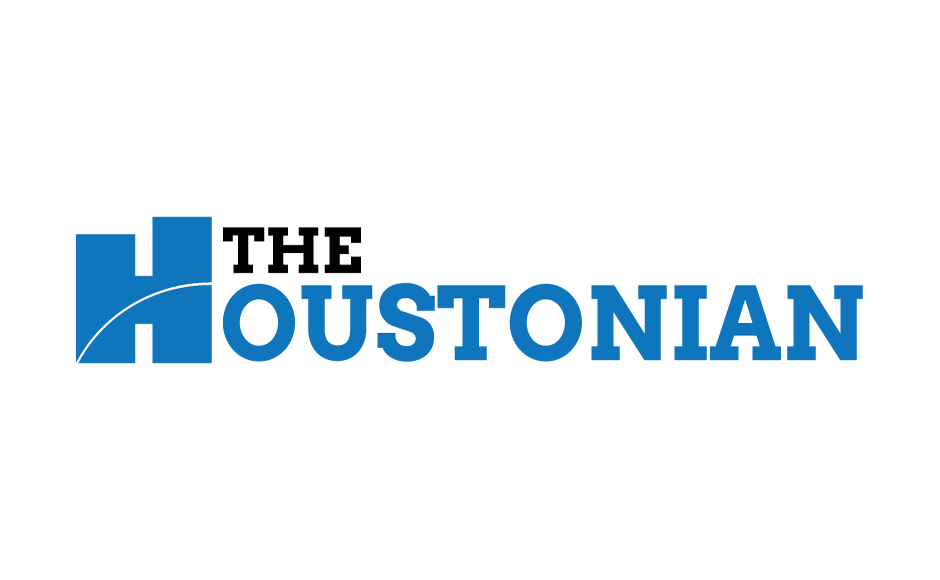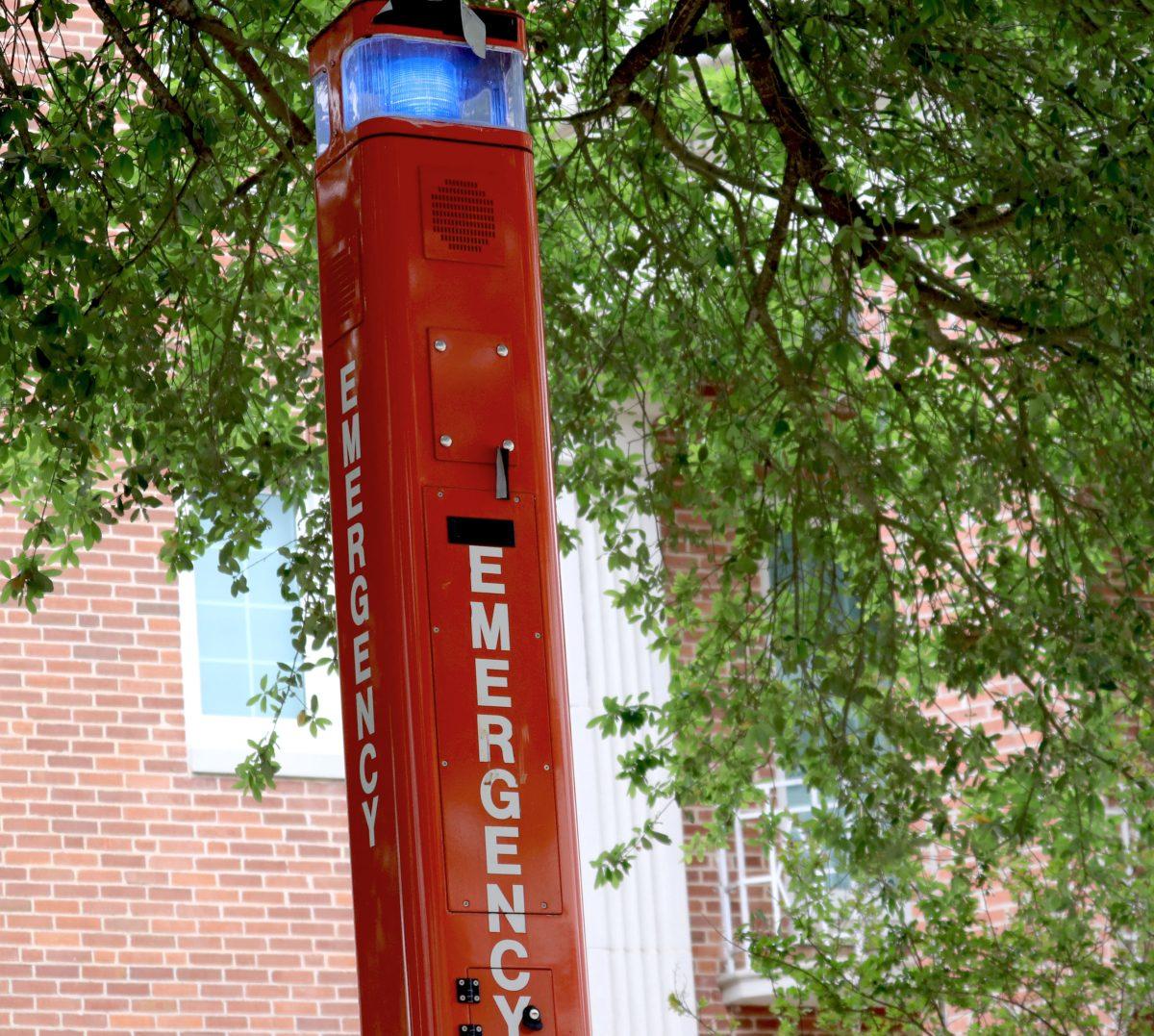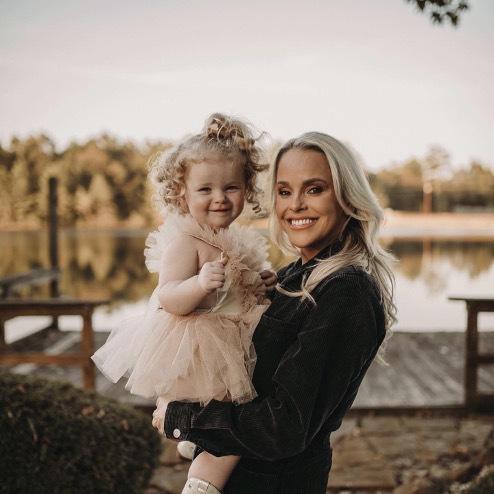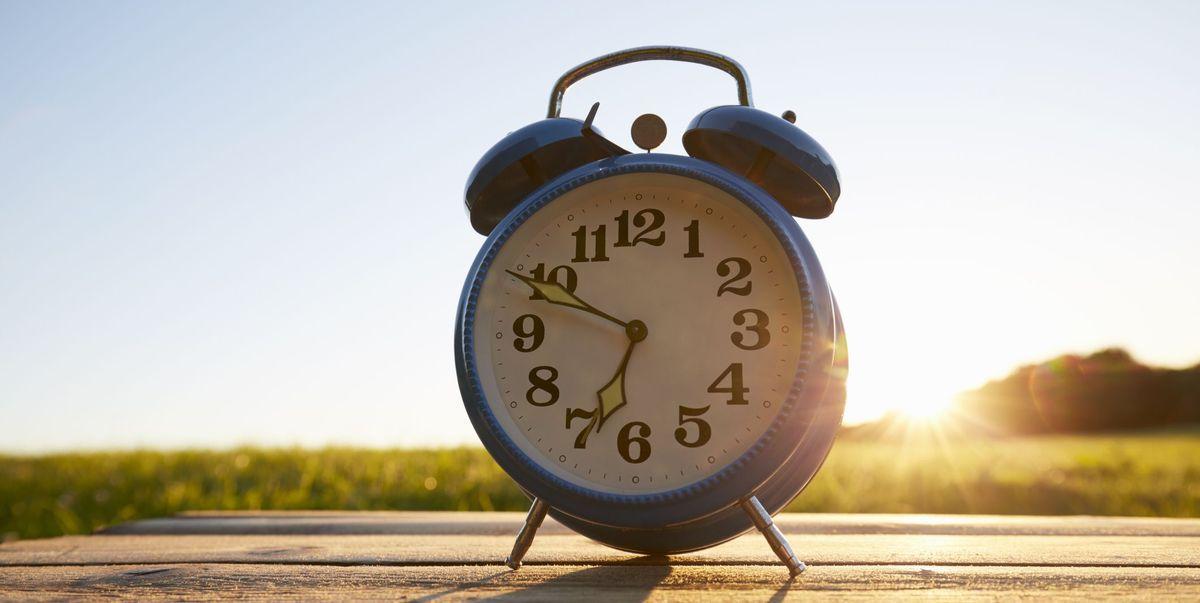We are all aware that breast cancer exists, but do we really know anything else about it?
Here is a “master post” to get you started on what you need to know about breast cancer and the cause.
Boobs are mysterious things to me. I do not even understand how they work or feel, so naturally the idea of self examination has exasperated me beyond confusion. Although I have little patience for feeling myself up, self examinations are important and could save my life so I have taken this opportunity of writing this article to force myself to learn what’s up with my body.
I thought it would be easy to tell which bumps and lumps were not welcome in my body, but as it turns out, boobs feel really weird and bumpy inside. So before you can self-exam, you have to know your body. Familiarize yourself with what is normal in your body so you can tell if there are any changes. As soon as you notice a change, alert your doctor immediately. The trick to breast cancer is catching it early.
Your doctor can do an examination for you – and should at least once a year – and can walk you through how to do it yourself. You should do it at least once a month, but it is all up to you. This is also 2014! Google is a wonderful thing and can help you find some helpful guides. I have done some of the work for you: cancer.org has a great, in-depth guide with pictures if you are as clueless as me.
Mammograms are another form of breast cancer examinations typically used by older women. They are x-rays that come in different forms and should not be substituted with a hand check. Most insurance plans cover mammograms without need or any co-payment or deductible.
Screening mammograms can detect breast cancer when there are not even any signs or symptoms of the disease. Screenings are extremely helpful in early treatment, but they come with some disadvantages as well. According to cancer.gov, “screening mammography can help reduce the number of deaths from breast cancer among women ages 40 to 70, especially for those over age 50. However, studies to date have not shown a benefit from regular screening mammography in women under age 40…” Additionally, screenings create false-positives commonly in “young women, women who have had previous breast biopsies, women with a family history of breast cancer, and women who are taking estrogen.” False positives result in over diagnosis and over treatment, exposing women to harmful, unnecessary treatment.
False-negative results are also a possibility. Screening mammograms are not necessarily the most accurate and miss about 20 percent of breast cancers present during the screening.
The other type of mammogram is a diagnostic one which takes multiple shots of the breast tissue from different angles. These are helpful for women with breast implants because it is hard to obtain an accurate screening. These mammograms seem more reliable and can be enhanced in order to make a more accurate diagnosis.
Now that we know how to check ourselves, let’s talk prevention. You are more susceptible to develop breast cancer if you are an older woman, it runs in your family, if you have denser breasts, if you began menstruation at an early age and late menopause. We can not control those things about ourselves, but here are some things that we can: any form of hormone therapy, late childbirth or never giving birth, exposure to radiation, obesity and alcohol consumption.
Now, I do not suggest your life revolve around this preventative advice. You should live your life how you want, but cancer.gov suggests that these methods could help prevent developing breast cancer.
Continuous high estrogen levels in your body contribute to breast cancer development as well. Giving birth and breast feeding before the age of 35 lowers estrogen levels as well as making their chances of developing breast cancer lower than those who have not had children or breastfed. I suggest having babies when you wish and if that happens to be never then that is fine! Ovarian ablation, the removal of one or both ovaries, can greatly reduce chances of breast cancer as ovaries produce estrogen. Again, do not run out and have your ovaries removed. However, if when you are older you decide you do not want to have children, this might be something to consider.
Exercise! Exercise does wonders for your overall health, as well as reducing your chances of breast cancer. Four hours a week is all you need to lower your risk, and if you are like me and hate the prospect of working out, rigorously dance your heart out, whether it be at the club, at your home or in the middle of the street.
Remember when Angelina Jolie had a prophylactic mastectomy? Although extreme, this can greatly reduce your risk, especially for those who know they have a high risk because of gene mutations or family history with breast cancer.
Donating and raising awareness is more important than we think. I am 22 and just learned my examination options while writing this. There are a ton of charities out there trying to spread awareness and raise money for finding the cure, but which ones can we trust with our money?
The Susan G. Komen Foundation is possibly the largest breast cancer charity out there, but is it the most ethical choice? The foundation has been under fire the past couple of years for suing smaller non-profit charities for using the term “for the cure” (does this take you back to when Paris Hilton tried to trademark “that’s hot”?) and even for using color pink. More recently, they have been criticized for teaming up with companies whose products contain carcinogens, a chemical that is known for causing cancer, and for joining forces with Baker Hughes, a Houston Fracking company. According to Daily Caller, the Red Cross brings in 10 times the $340 million brought in by Susan G. Komen, but Susan G. Komen’s CEO, Nancy Brinker, receives a salary of $684,000 annually, while Red Cross CEO, Gail McGovern, makes half a million.
I personally do not support this foundation and would not feel comfortable giving my money to one that is so unethical. I would recommend the Breast Cancer Research Foundation: 91.1 percent of their program expenses go to actual charity while 82.8 percent of Susan G. Komen’s program expenses go to charity.
There are many more charities out there if you do not want to look around for yourself, but always do some research before donating. Do not just throw your money anywhere.
Young, old, female or male, we all need to know about breast cancer. Boobs or no boobs, we can all benefit from some basic knowledge and awareness on the subject, whether it be about donating or prevention. Men, an informed man is a sexy man. Be aware for your mother, your sister, your girlfriend or simply your friend. Some basic knowledge could save a life, and that is what this whole month is about, right?






